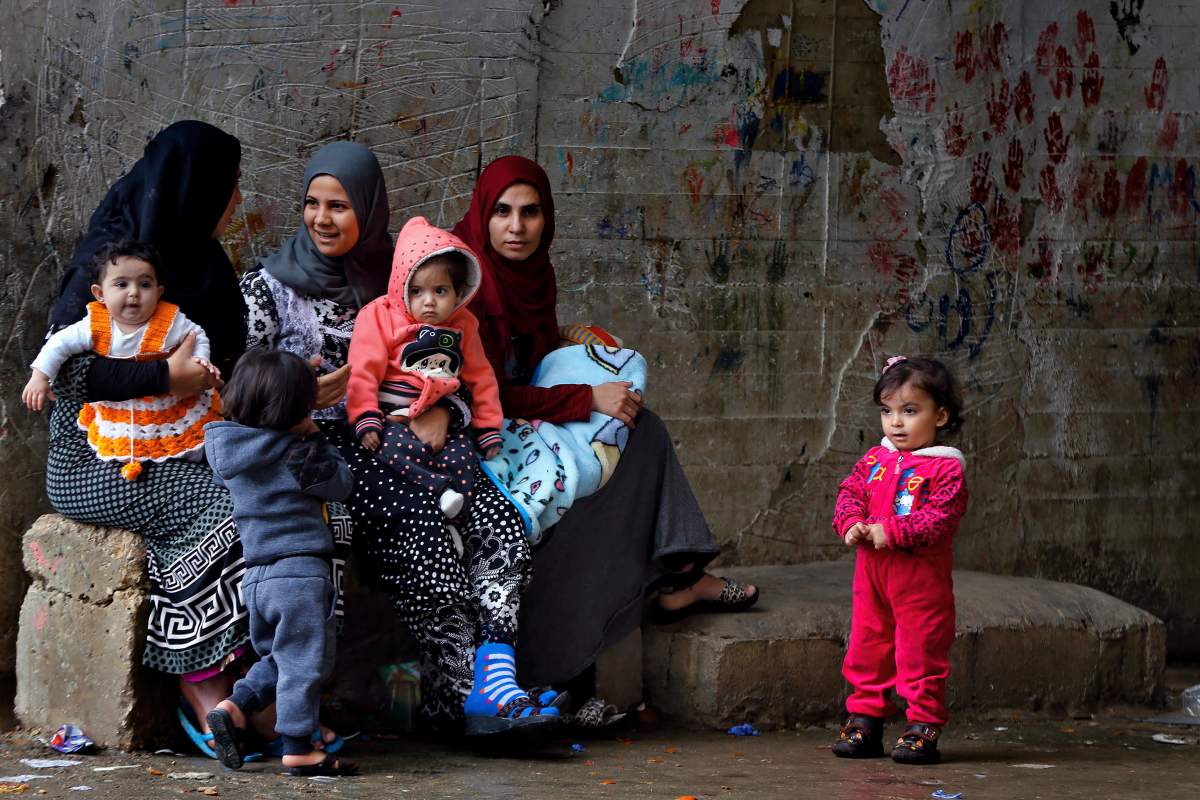Syrian refugees in Lebanon are falling deeper into debt, with 2018 being the worst year yet, as more families marry off children to cope financially, according to a report by the United Nations released on Wednesday.

The study by the U.N. refugee agency (UNHCR), the World Food Programme (WFP) and the U.N. children’s fund (UNICEF) stated that the average household debt has increased in the last three years from $800 in 2016 to more than $1,000 in 2018.
The Syrian conflict that erupted in 2011 has generated 5.6 million refugees in the Middle East, with Lebanon hosting more than 950,000 registered refugees, according to UNHCR.
READ MORE: UN aid trucks reach Syrian refugee camp to deliver food, health supplies to 50,000 people
With families struggling to afford food, rent and medicine, child marriage is also on the rise.
Twenty-nine percent of Syrian girls aged between 15 and 19 are married in Lebanon, a number that has been growing, according to the report.

Get daily National news
“These findings are a reminder to all of us that the situation for children is becoming more delicate,” said Tanya Chapuisat, UNICEF Representative.
“We are seeing refugee families resorting to behaviours that put their children at increasing harmful risks,” she stated in the report.
WATCH: After three years in Canada, Syrian refugees still adjusting

Around 69 percent of Syrian refugee families in Lebanon are living below the poverty line and nearly eight out of 10 Syrian kids aged 3 to 5 and 15 to 17 are not in school.
Many children are forced to work, cannot afford transportation or lack the supplies they need to go to school.
The proportion of Syrian child refugees working in Lebanon has risen to 7 percent from 4 percent in late 2016, according to research by the Danish Refugee Council (DRC).
READ MORE: Canada should do more to help women, girls displaced by war, says Oxfam Canada
Shelter conditions have also worsened among Syrian households, and 34 percent now live in non-residential or non-permanent structures, an increase from 26 percent in 2017 according to the report.
“The study is a poignant reminder of the daily hurdles refugees have to go through just in order to survive,” UNHCR Representative in Lebanon Mireille Girard said in the report.







Comments